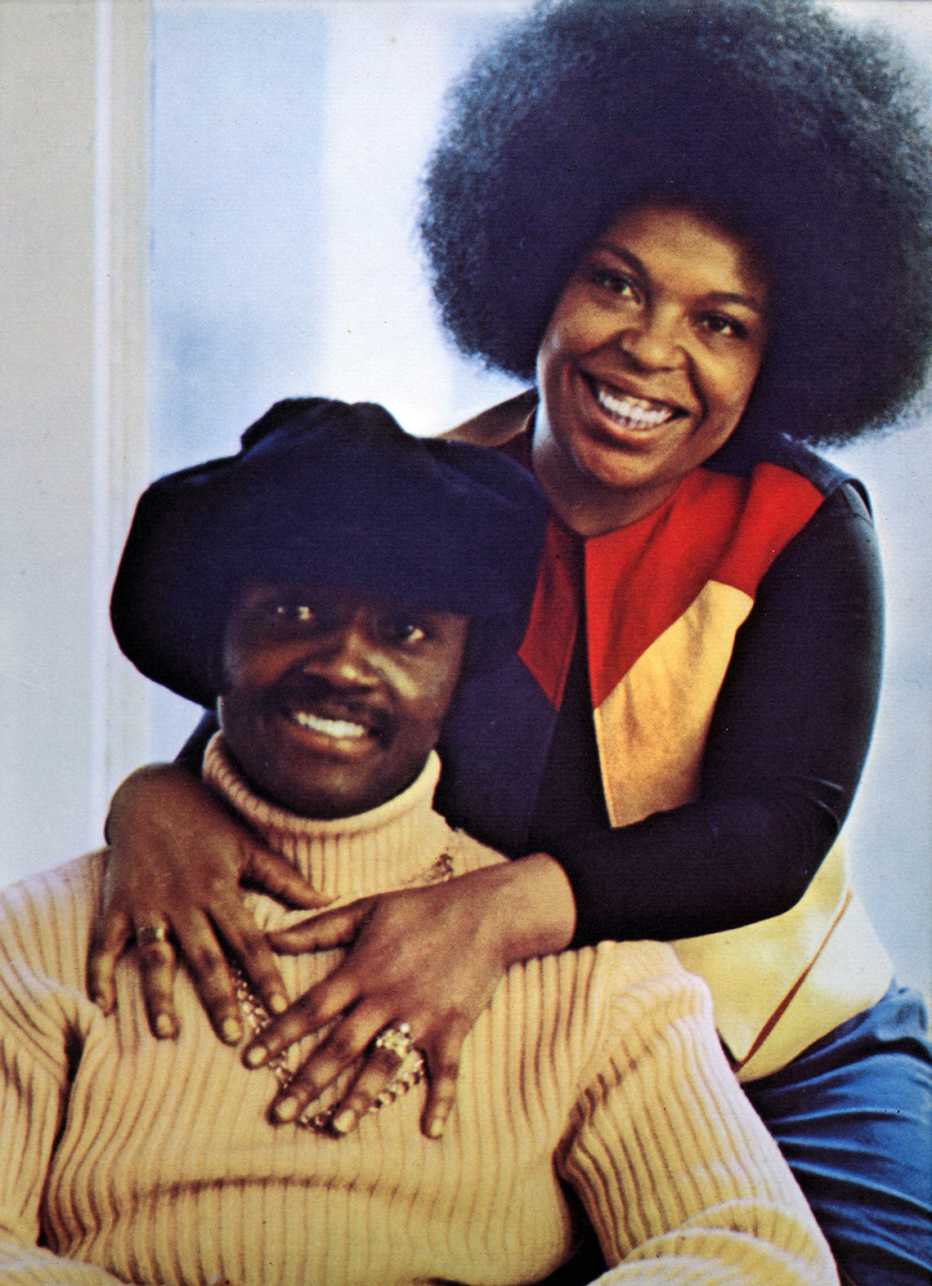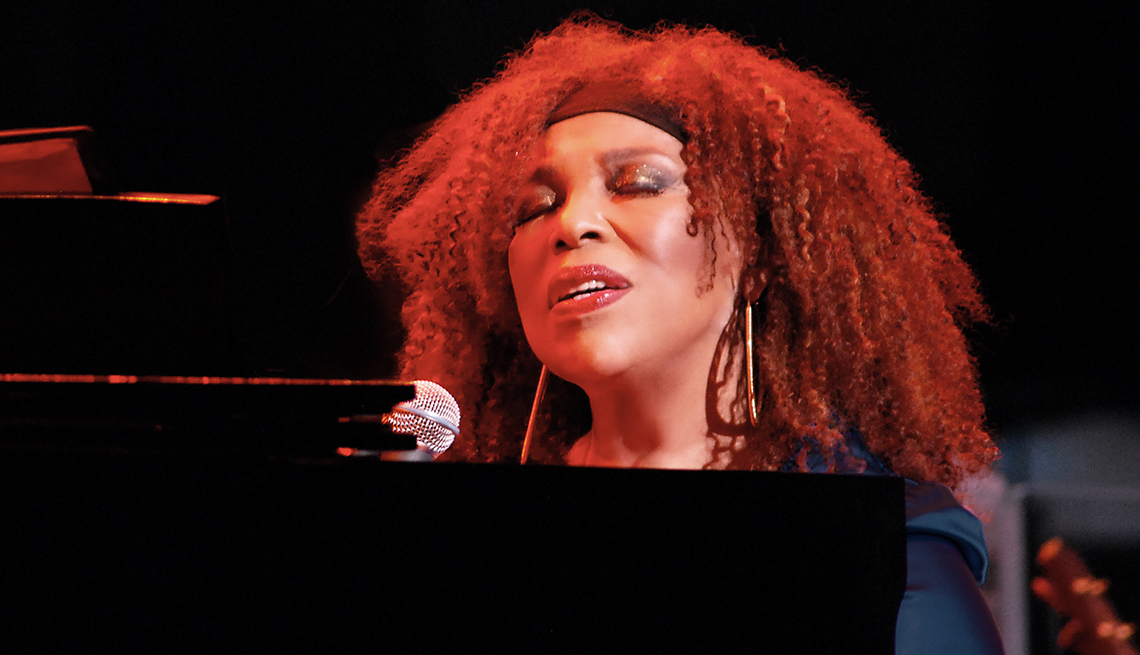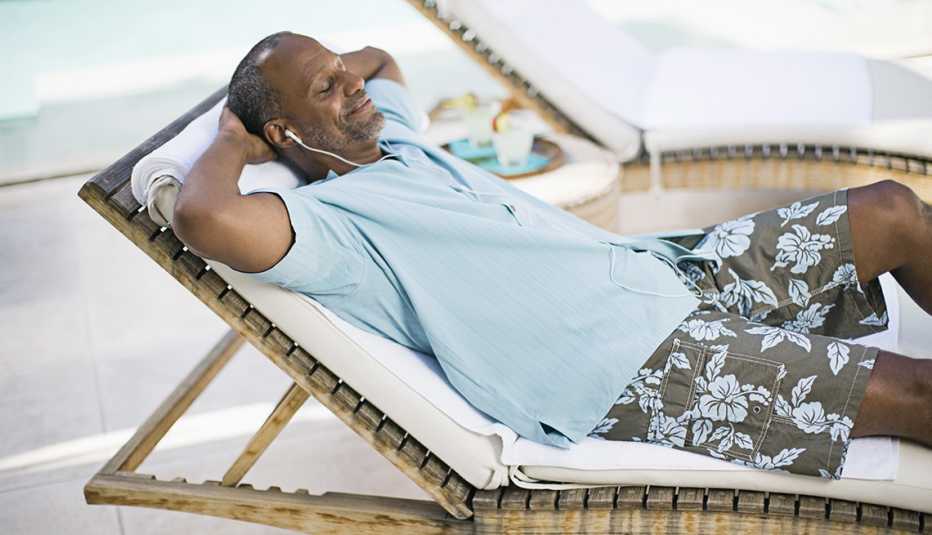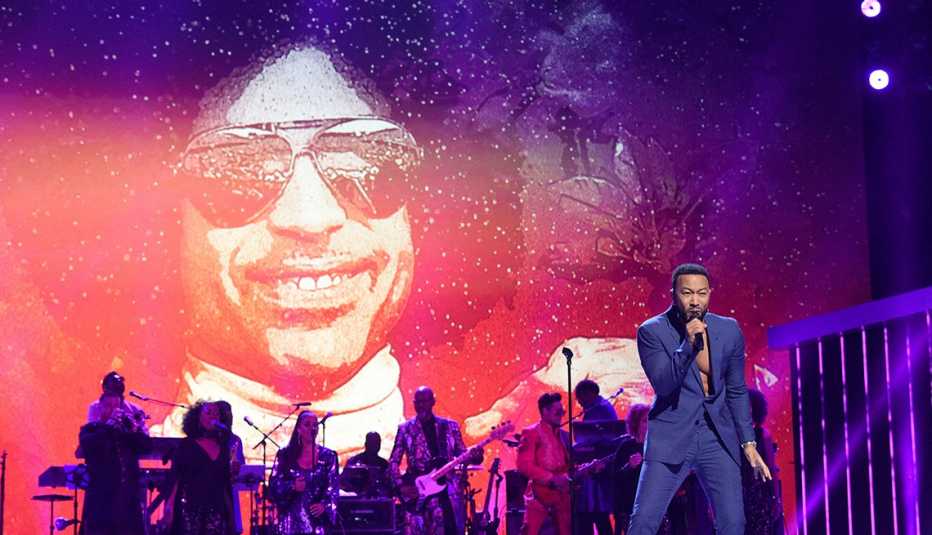AARP Hearing Center
Roberta Flack suffered a stroke in 2016 that has kept her from performing in public, but the 83-year-old singer-songwriter and pianist remains active and creative. She helped archive the bonus tracks for the 50th anniversary release of her debut album, First Take, out July 24, and appeared at the Grammy Awards last January to receive a lifetime achievement award. ("It was breathtaking to be there. And to receive hugs and congratulations from Joni Mitchell and Lizzo in the same 24 hours is something, you know?") Flack made her last recording three years ago, but has been back in the studio of late. Will she ever perform in concert again? “You're going to have to keep an eye out for me — wait and see,” she teases. Here, in an email interview, she talks about it all, and about the astonishing connection between music and the brain.
Q: How have you fared during the pandemic?


Roberta Flack: I am thankfully healthy. I've tried to use the time well and thoughtfully, with weekly practices with my musical director and vocal coach. And my team and I have a lot of projects in the works: a documentary film about my life and music; my biography; and a children's book, The Green Piano, based on my life, that is due out for the holidays.
Q: When you listen to First Take, what goes through your mind?
RF: Especially with the songs on the bonus CD that had never been released, I'm taken back to my days performing at Mr. Henry's on Capitol Hill in D.C., and the intimacy I had with my audiences. The sign is still at Mr. Henry's that says “Roberta Flack Trio — Tuesday through Saturday.”






































































